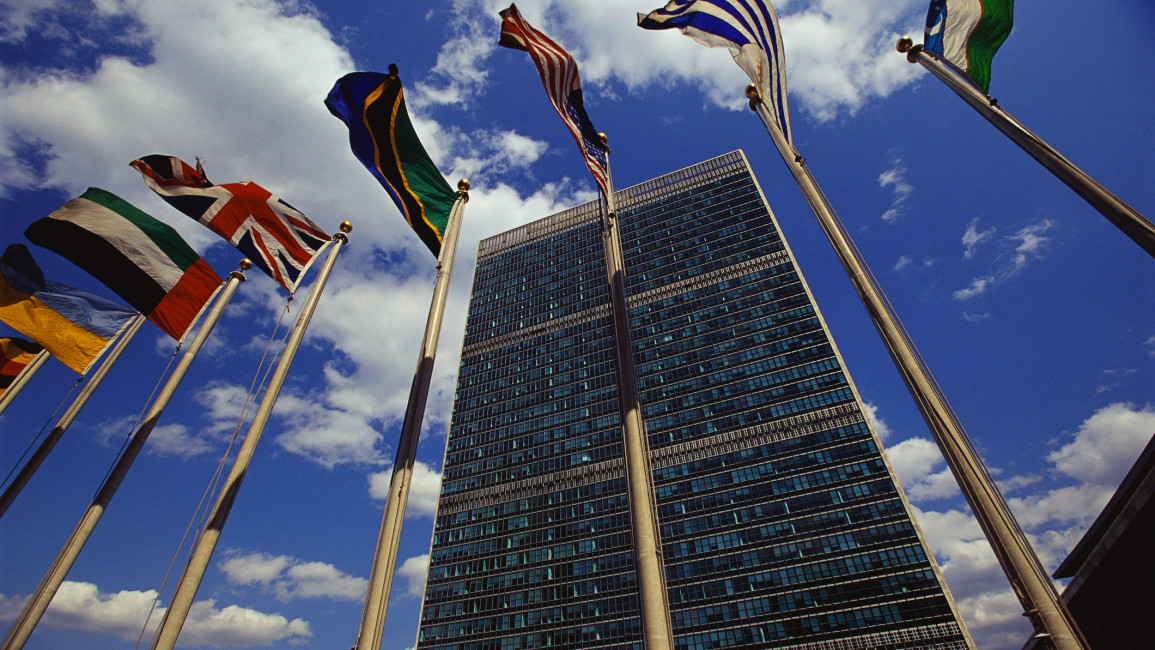UN receives $33 million in pledges towards plan to prevent Yemen tanker oil spill
The United Nations has received $33 million in new pledges on Wednesday towards a $144 million operation to avoid an oil spill from a tanker stranded off the coast of Yemen which threatens a major environmental disaster.
Around $40 million has been raised to fund the operation to offload the decaying Safer tanker, the UN and the Netherlands government said in a joint statement following a pledging event they co-hosted.
David Gressly, the UN Resident and Humanitarian Coordinator for Yemen, thanked donors from the Netherlands, Germany, Britain, the European Union, Qatar, Sweden, Norway, Finland, France, Switzerland and Luxembourg and said he looked forward to more coming forward.
"When we have the funding, the work can begin," he said.
UN officials want the operation done by September when winter seas would increase the risk of a breakup.
The Safer has been stranded off the Ras Issa oil terminal without maintenance since 2015, when a Saudi-led coalition intervened in Yemen's war against the Iran-aligned Houthis after they ousted the internationally recognised government from the capital, Sanaa.
UN officials have said the Safer could leak four times as much oil as spilled during the 1989 Exxon Valdez tanker disaster in the United States. An estimated 11 million gallons of crude oil spilled into Alaska's Prince William Sound from the tanker.
In early March, the Houthis, who control the land off which the tanker is moored and the national oil firm that owns it, signed an agreement with the UN to deal with it.
The plan is to transfer the oil to a safe temporary vessel and then arrange long-term replacement storage.
(Reuters)



